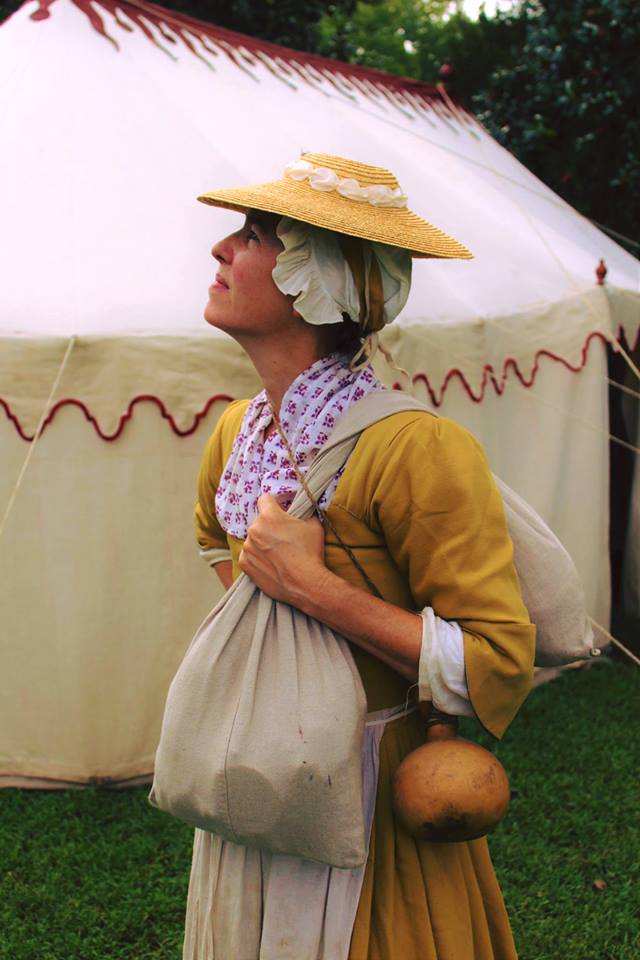
In honor of Women’s History Month, the park is presenting a lecture by Carrie Fellows, titled “She Had a Husband in the Camp: Following the Army During the War for Independence,” that will profile the uncelebrated but integral women who followed the Continental Army.
The lecture will take place March 27, at 1:30 PM, in the Visitor Center. It will also be livestreamed via Zoom. Admission is free, but registration is required. To register, please visit DCNR’s website. Zoom meeting details will be provided upon registration.
Fellows is the executive director of the Hunterdon County, New Jersey, Cultural & Heritage Commission. She has presented programs for living history museums all along the east coast on household tasks. Fellows has also frequently lectured on women’s roles in 18th-century civilian and military life – experiences with which she has some firsthand knowledge.
As an active member of living history organizations for more than 30 years, Fellows has participated in multiday backcountry scenarios carrying only what she needed. Which is to say she kept up with and performed under the same conditions as the men while wearing stays, a gown, and petticoats.
For this lecture, Fellows will explore the reasons why women left reasonably secure situations for the uncertainty of following the Continental Army. She’ll do so through glimpses found in period references, writings, and images.
Those glimpses, says museum curator Kimberly McCarty, are about the extent of what is known about these women “who are typically underrepresented in military interpretations for this period.”
However, it was not a small population. Nor was their role particularly unique. Some were the wives of soldiers. Some were simply unable to provide for themselves as the men in their families went off to war. Often, they brought their children along. The conditions were grueling. Some women disguised themselves as men to serve on the battlefield, but the great majority supported the encampment by tending a range of thankless but essential responsibilities.
“The European armies had camp followers, too,” McCarty says. “There are accounts of the Hessian army’s camp followers in Trenton. They were present at the barracks for the Battle of Trenton.”
Fellows’s lecture will focus on the women who supported the Continental Army, describing some of the duties they performed and how they were compensated once they were “on the rolls.” She’ll also dive into how pop culture has portrayed women in such a situation, and how accurate those portrayals have been.

